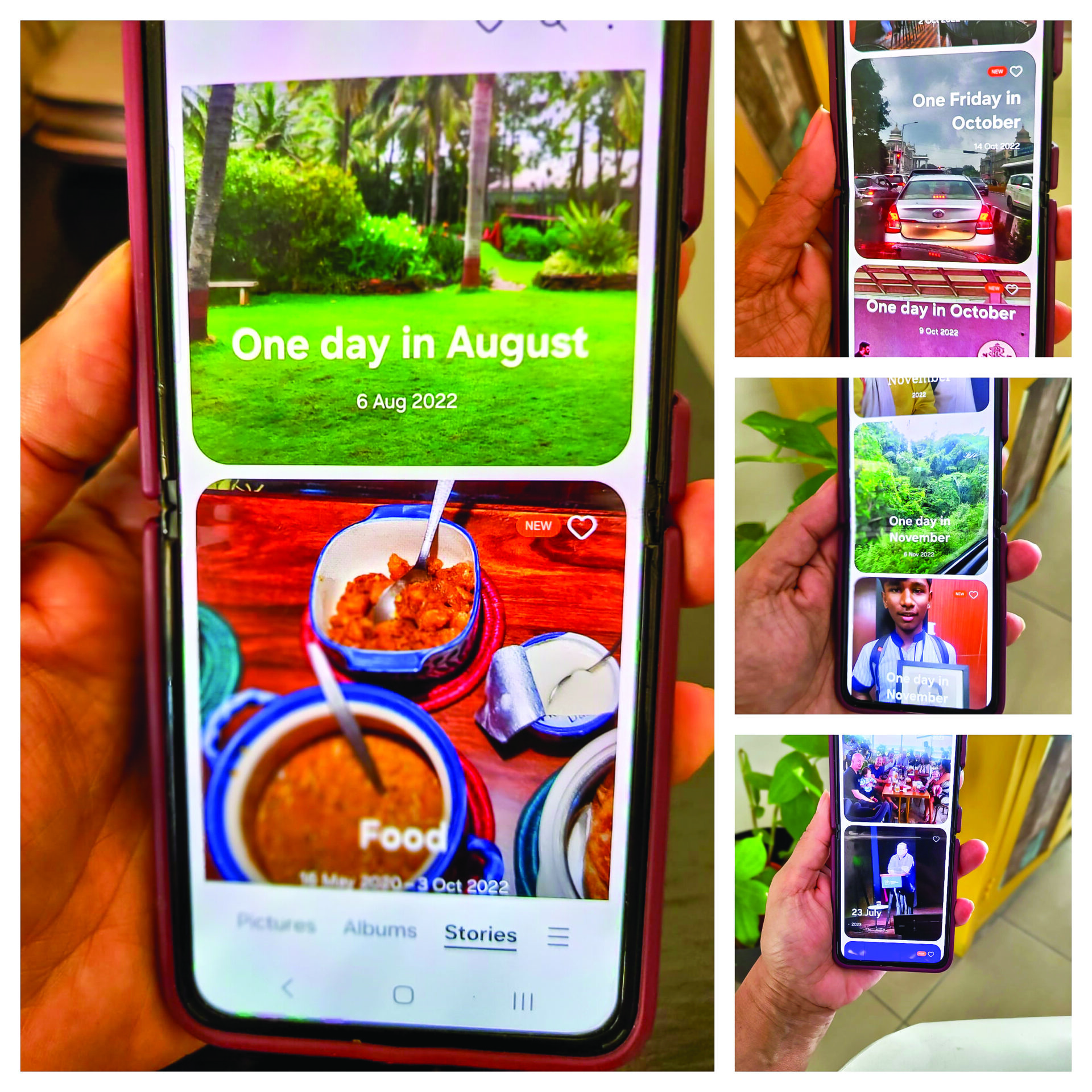Does someone else’s life resonate strongly with you? Like it could be your story in place of theirs? This happened to me in a somewhat tangential way. I was going through a list of books for summer reading (the oddity of the sub-continent is that in South India we are past summer and enjoying the cool pre-monsoons, whereas in Delhi, where the list was probably composed it’s high summer).
The reading list featured ‘The Details’ by Ia Genberg, translated by Kira Josefsson and shortlisted for the International Booker Prize. The story is about a woman who in the throes of a fever remembers people who were important in her life but have dropped out of it. I immediately felt not only that it was my story, and as a writer I felt that I ought to have written the book.
The theme of the book set me thinking about the people who have got off at stations along the way. If you try it, you won’t have to rack your brains – your phone’s gallery is a good repository of memories. I, like many of you, have become a compulsive photographer. I take photos throughout the day – of the park, my son’s breakfast, flowers in my little terrace garden, birds on the trees around our apartment, and friends and family who pose for me good-naturedly. I organise selected photos in albums as it’s easier to save those that I want to keep.
Every so often, I have to clean up the phone memory and on an idle evening, I found myself going through photos to delete. Some were from recent events and of people I will most likely never meet again. Some are from lunches and dinners. Having fed the online food porn cravers, I trashed these photos. Scrolling through the gallery, I found pictures that I thought I had deleted long ago. The unexpected discovery of forgotten moments evoked memories and mixed emotions.
The photos from a picnic we had organised for a friend’s birthday recalled the trouble we had taken to select the location, figure out transport and keep it a secret from the birthday boy. Two others also had their birthdays the same month, and the sight of the three of them lined up, knives in hand and faces split by wide smiles bears out my belief that no matter what age they are, everybody loves cutting a cake on their birthday. I realised with a pang that in the past couple of years, the friends in this group have grown apart. And as it happens in groups, some have grown closer and some have become distant, both geographically and emotionally. My finger hesitated on the delete button as I wondered if I would forget forever the happy times that we enjoyed together.
I found photos of and with someone who had seemed special for a few weeks. I paused to take another look before deleting them and realised that our brief time had not been entirely gloomy; the photos recorded happiness, however fleeting. Even more illuminating was the realisation that time had erased all my feelings; there was no niggling ill will, meaning the episode and the person no longer mattered.
There was another photographic reminder of people I have known longer but have dropped off the real-life friends list over the last few years. Three of my friends from a group of four went away on a trip together without telling me, and one of them sent me a picture during the trip. It seemed to be deliberately hurtful, though I replied with the mandatory ‘thumbs up’ emoji. These friendships had been waning for a while; we had increasingly less in common but had somehow been unable to cut the cord. The photo I got on WhatsApp had definitely been a signal to step away. No words were needed and we dropped off each other’s lives without guilt or rancour.
The chance discovery of unwanted photos brought closure fortuitously and unintentionally. And without the drama that a dialogue with people might entail. A monologue is the best way to process lingering emotions and appreciate the transient beauty of shared experiences. You also get to have the last word.
Sandhya Mendonca is an author and host of ‘Spotlight with Sandhya’ podcast.

